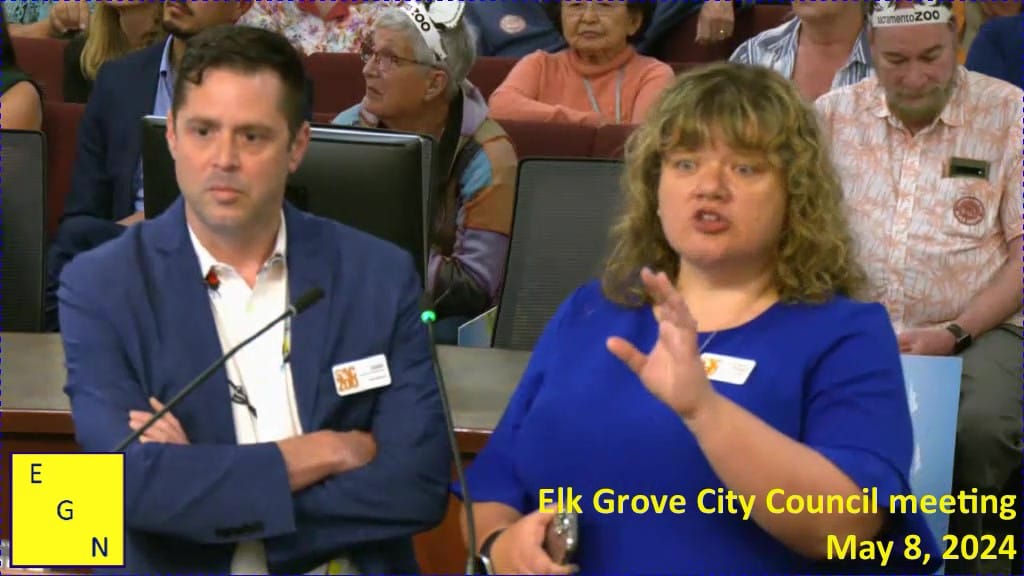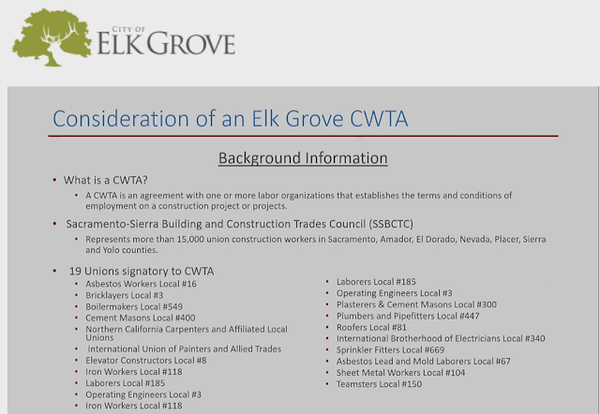Zoo relocation project approved, but ability of Sacramento Zoological Society to raise $50 million put into doubt
As part of the financing, the city will issue $114 million in Elk Grove taxpayer obligated bonds

As part of the financing, the city will issue $114 million in Elk Grove taxpayer obligated bonds


During the meeting, the non-union and union advocates made claims about project costs that, not surprisingly, were conflicting.

Meetings and events in Elk Grove

At the top of the list of his “priority projects” is the Delta Tunnel.

Below are the 16 teams in the National and American Leagues from 1945 that we will ask, Who Were The Best?